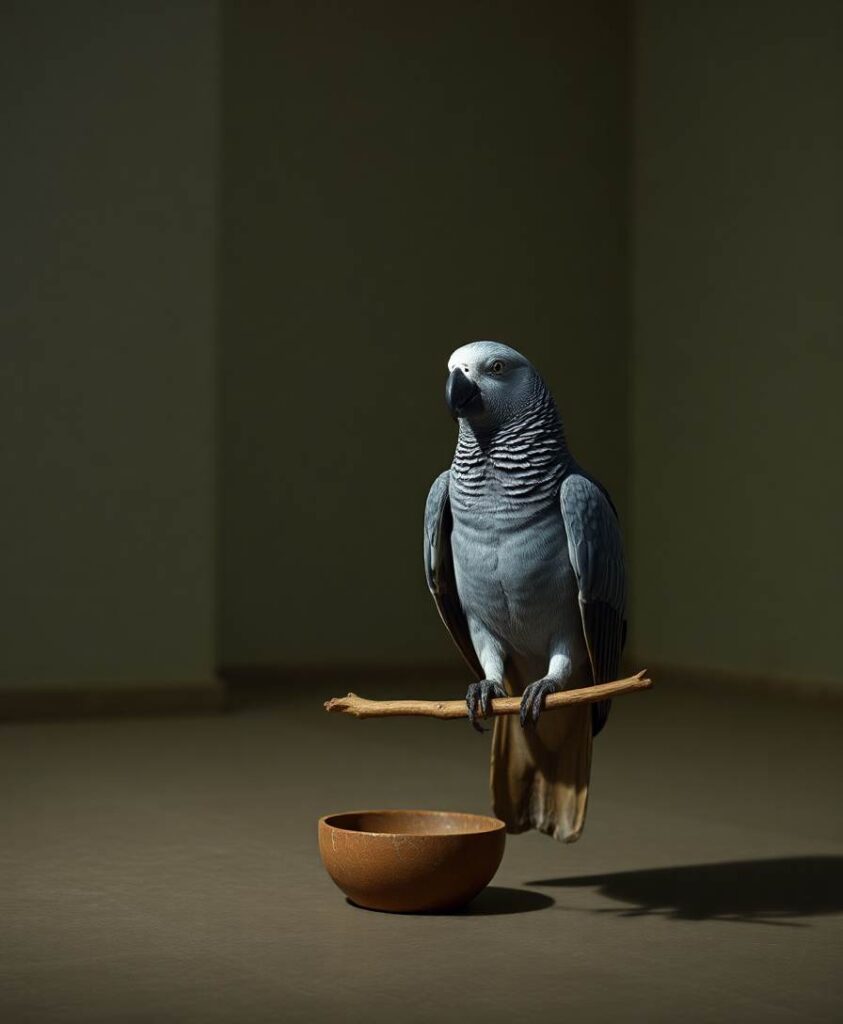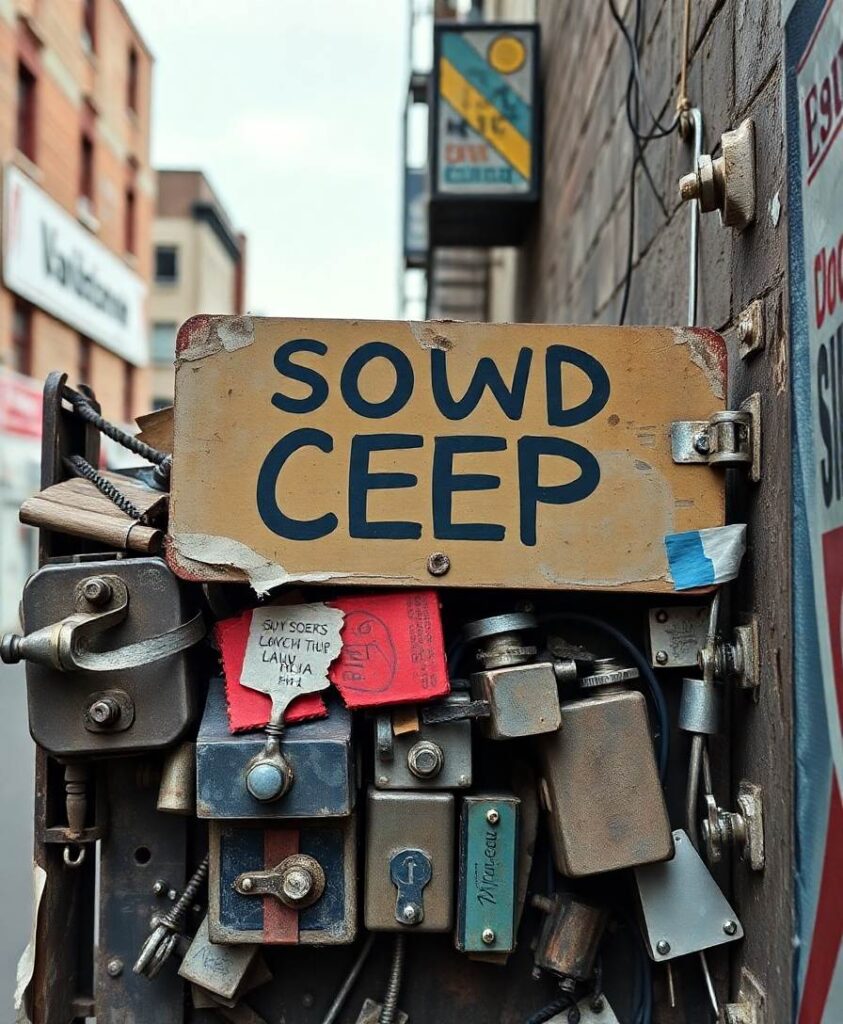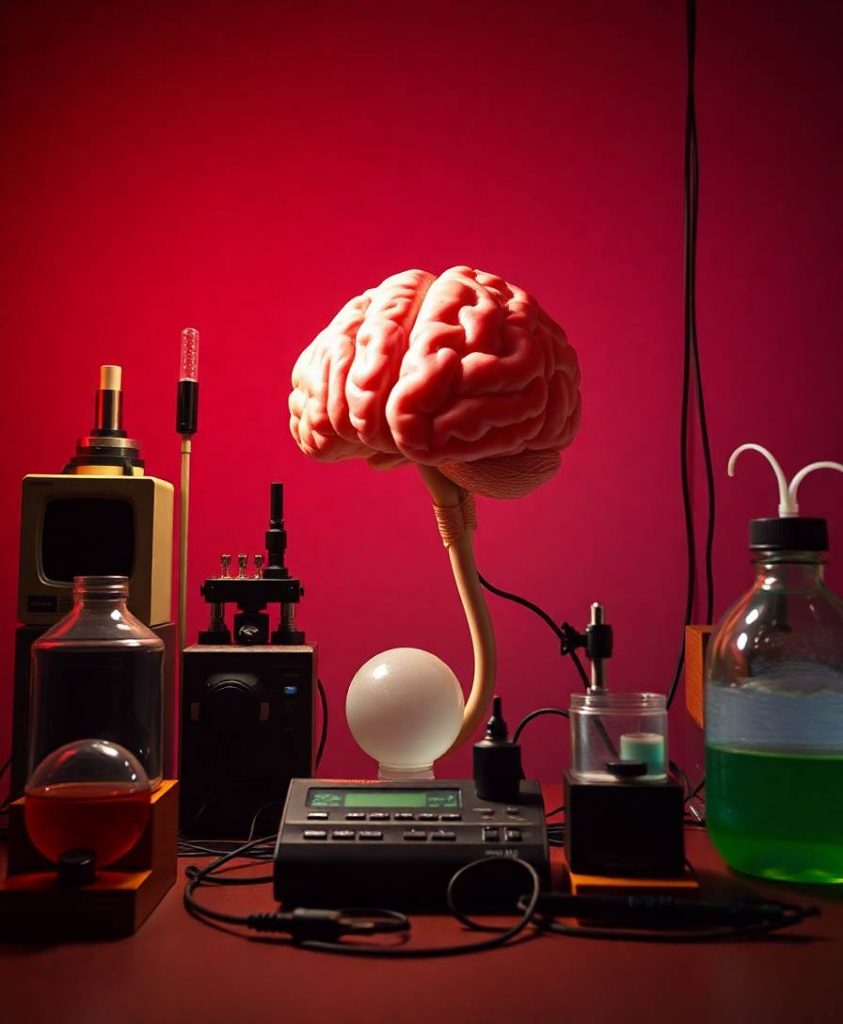Generative adversarial collaborations: a new model of scientific discourse
Science progresses when ideas clash, leaving the most successful to survive and move us closer to the truth. In this ideal hypothetico-deductive approach [1], science is dynamic and fluid, with theories constantly tested and replaced. In reality, however, many opposing theories rarely meet. Scientists instead often work in entrenched paradigms or research programs – focused on their own frameworks, language, and methods – which resist direct comparison and evolve incrementally at a generational timescale rather than through confrontations [2,3].
Margaret is a Scottish-Canadian educator and bioethicist from Alberta, focusing on ethical considerations in human enhancement technologies. She authors pieces on balancing ambition with moral integrity, rooted in her clan's emphasis on community and perseverance.



